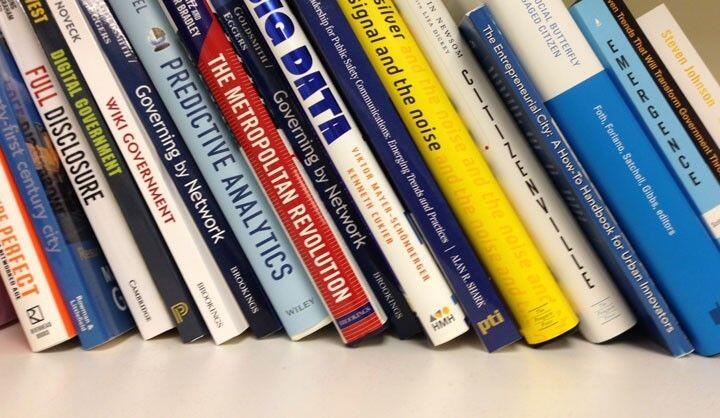- March 15, 2021
- Civic Data
In June 2020, the John F. Kennedy School of Government at Harvard University and the digital transformation consultancy Public Digital hosted digital service groups from around the world for their annual Digital Services Convening. The goal of the convening is to accelerate effective and equitable digital transformation in government by creating a space for digital service groups to share best practices and lessons. Now in its third year, the convening has become a place for honest reflection about the challenges facing digital service groups regarding what is and is not working in the field.
Normally, teams gather in person on Harvard’s campus. This year, because of the COVID-19 pandemic, we gathered virtually. This online forum allowed us to convene over 100 attendees from more than 40 different digital service groups for three days of discussion. Each day had a theme. Day one focused on the “now,” examining digital teams’ responses to the pandemic. Day two focused on “later,” and highlighted long-term opportunities for digital teams. The final day was about what’s “next,” focusing on priorities and opportunities for the next six to 12 months.
Teams that participated in the summit use different approaches and methodologies in vastly different contexts. Some of those—such as Estonia and Bangladesh—are building on a decade or more of experience and are refining established, advanced practices; others—such as the state of Colorado—formally launched just recently.
Some groups are embedded in the executive branch, while others are tightly focused within a single agency. A novel addition this year was digital teams that operate alongside, but outside of, governments— such as the Nordic Institute for Interoperable Solutions (NIIS) and the Bangalore-based Modular Open Source Identity Platform (MOSIP).
As always, this diversity led to great learnings about the opportunities and challenges of digital services today. This report, prepared in consultation with some of the presenters, documents a few of these learnings in an effort to share some of the big picture insights raised at the convening with a broader audience. We hope you find these reflections useful and welcome continued conversation on the ideas presented here.
- David Eaves and Lauren Lombardo, editors



